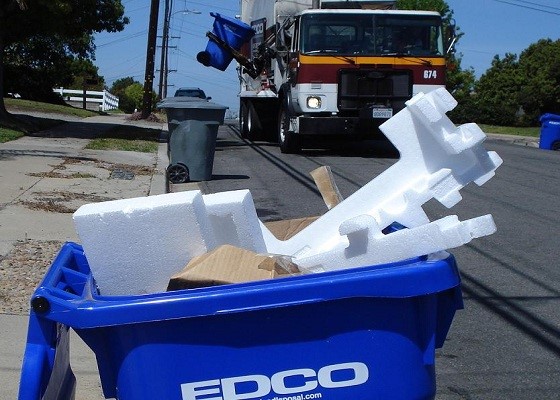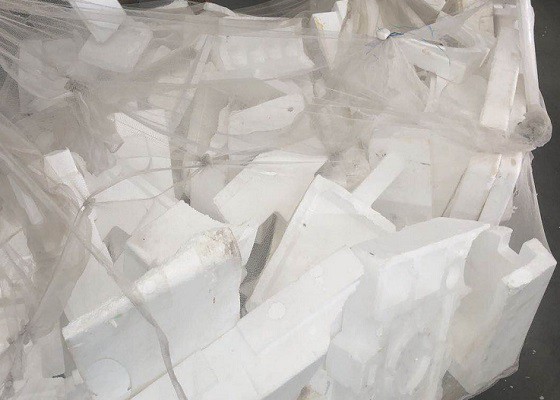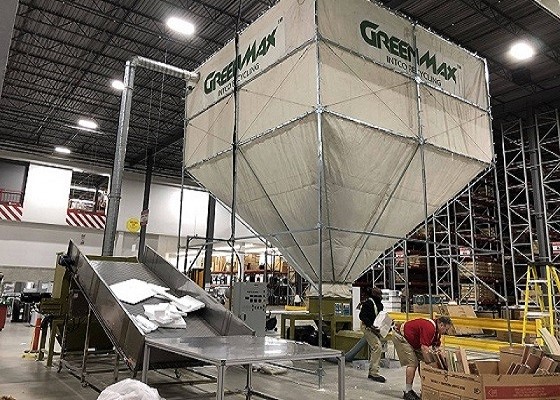There is no doubt that foam densifier is an effective method of recycling foam. However, the price is a little bit costly especially for individual consumers or small business groups. With the stricter regulation towards the application of foam products, the bills released by different states, and the initiatives held by environmental-protection organizations, how to deal with waste foam become a serious problem.
A few factors should be taken into consideration during deciding on whether choose to buy a foam recycling machine or not. Take a specific case as an example, a small-size furniture dealer who needs EPS as a packaging material is considering whether to buy a professional foam recycling machine. Its original foam recycling pattern is to purchase EPS blocks from an EPS recycler upstream, then the cut waste EPS will be returned to the recycler by paying for the shipping fee. The pain point is the cost of the increasing amount of waste EPS becomes higher than before, almost 2000 Euros each time, due to the money and distance considerations it becomes not very cost-effective to keep the initiative plan.
Besides, the distinct characteristics of EPS, non-biodegradable, light-weight but occupied large storage space, don’t allow us to discard them casually. Under this situation, a new proposal is in urgent need. GREENMAX, a prestigious brand in foam recycling, offering high-quality foam recycling machines, including foam densifiers and foam compactors, is also recommended by many EPS recyclers. GREENMAX, designed to provide the optimal solution for foam recycling, which means the machines can be customized according to consumers’ specific demands.
Foam densifier is efficient and easy to operate, consists of crushing, controlling, screw melting systems. Besides, many kinds of foam waste problems can be handled, including EPE, EPS, etc. Compressing and heating first, then cooling and molding the foam waste, the disposals will turn into new foam products finally, including picture frames, insulation boards, hangers, CD cases, and so on. The whole process will not only relieve your worries about foam recycling, meanwhile, save a substantial amount of capacities, but also gain extra economical returns through the newly produced productions.


